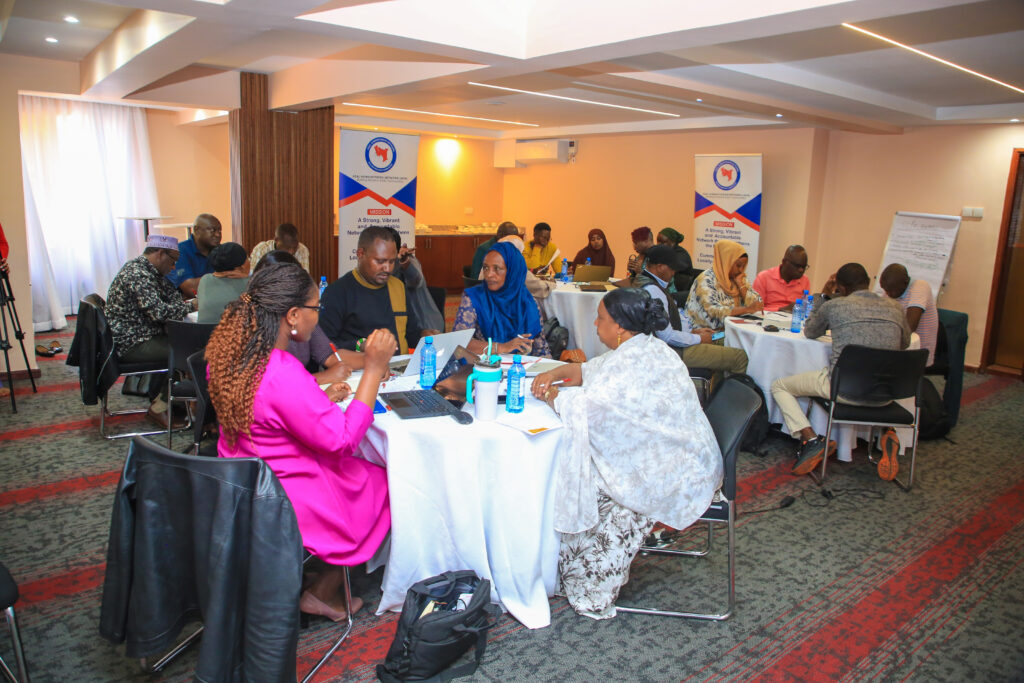ASAL Humanitarian Network (AHN)
Amplifying Local Voices, Advancing Systemic Change
Who We Are
The ASAL Humanitarian Network (AHN) is a coalition of over 30 local organizations working across Kenya’s arid and semi-arid lands. We serve as a coordination and advocacy platform that strengthens locally led action in humanitarian, development, and peacebuilding efforts. Our role is to convene, connect, and represent—ensuring that ASAL communities shape the systems meant to serve them.


A Platform Uniting Local Voices for Coordinated Action and Policy Influence
Rooted in the ASALs, Driven by Local Leadership
AHN operates across the interconnected spaces of coordination, policy engagement, and systemic reform—translating local-level insights into influence within national, regional, and global humanitarian platforms. The network convenes diverse locally led organizations to build alignment around shared priorities, foster collective advocacy, and engage constructively with institutions responsible for shaping aid systems in arid and semi-arid lands.
Through this role, AHN strengthens the coherence and legitimacy of localized responses while reinforcing the value of community-driven leadership.
Our Mandate
The ASAL Humanitarian Network (AHN) exists to convene, coordinate, and amplify the collective efforts of locally led organizations operating across Kenya’s arid and semi-arid lands. The network provides a unifying voice for member organizations, ensuring that their priorities, knowledge, and lived experiences are reflected in national, regional, and global humanitarian and development agendas. As a non-implementing entity, AHN focuses on strengthening the enabling environment rather than delivering services directly. Its core function is to provide a structured, inclusive, and credible platform through which member organizations can shape discourse, influence humanitarian and development systems, and secure recognition for locally driven solutions.
Our Core Values
Our values anchor the network’s commitment to locally led, accountable, and transformative action across Kenya’s ASAL regions. They reflect the principles that guide our decision-making, shape our partnerships, and define how we work with communities, members, and stakeholders to build a more resilient, equitable, and effective humanitarian and development ecosystem.
